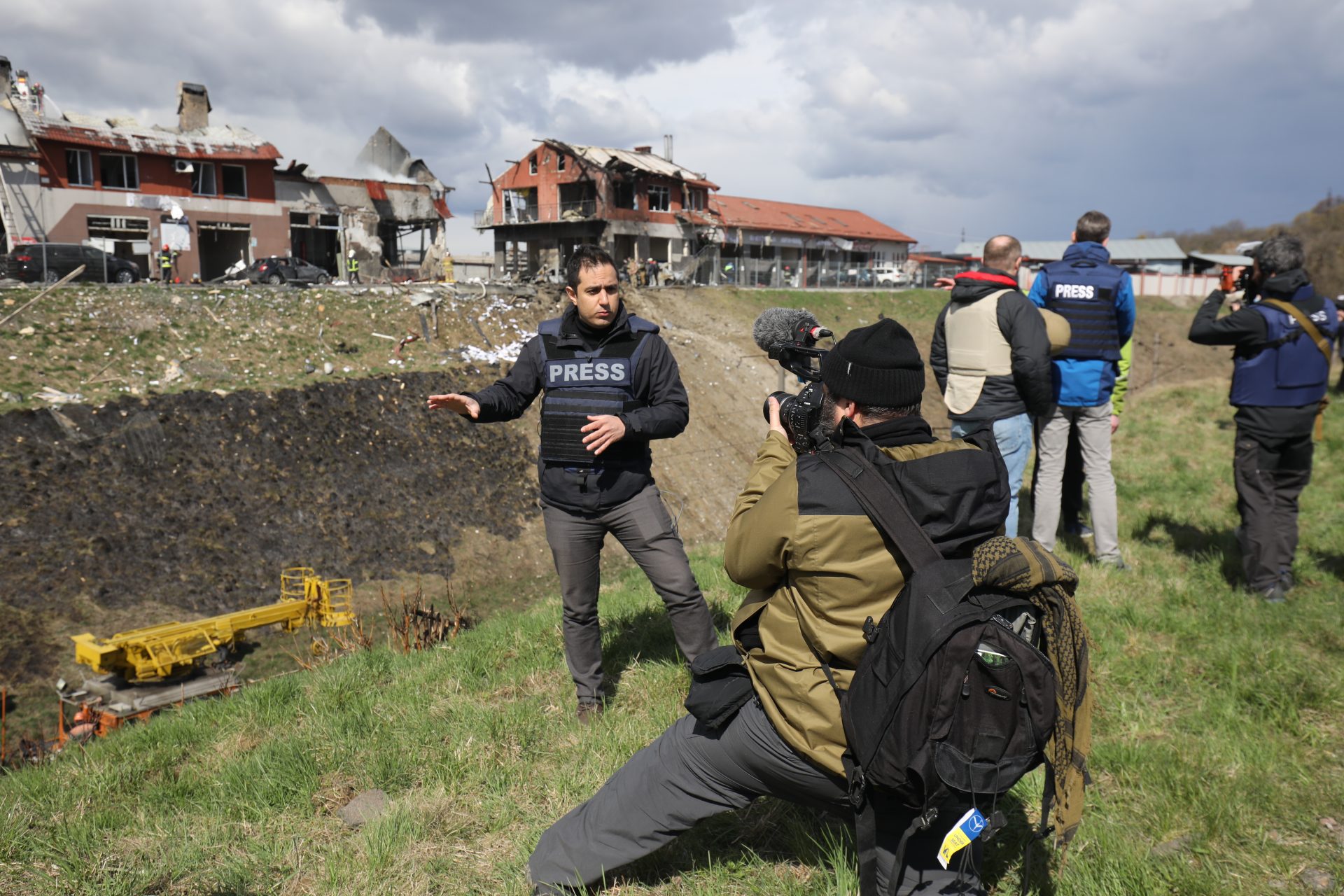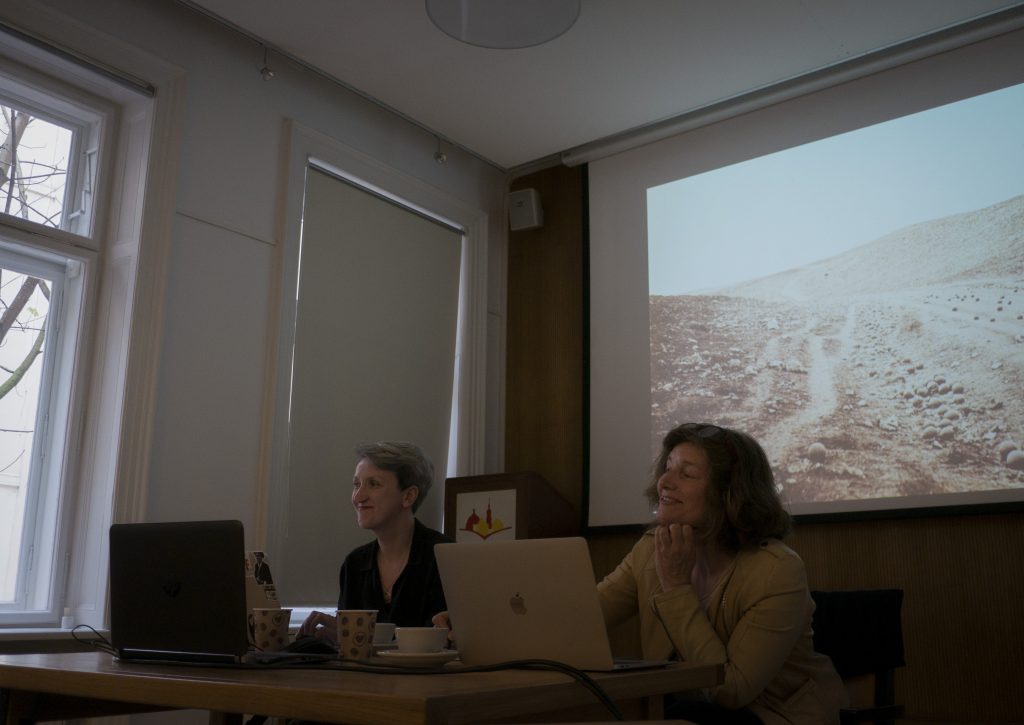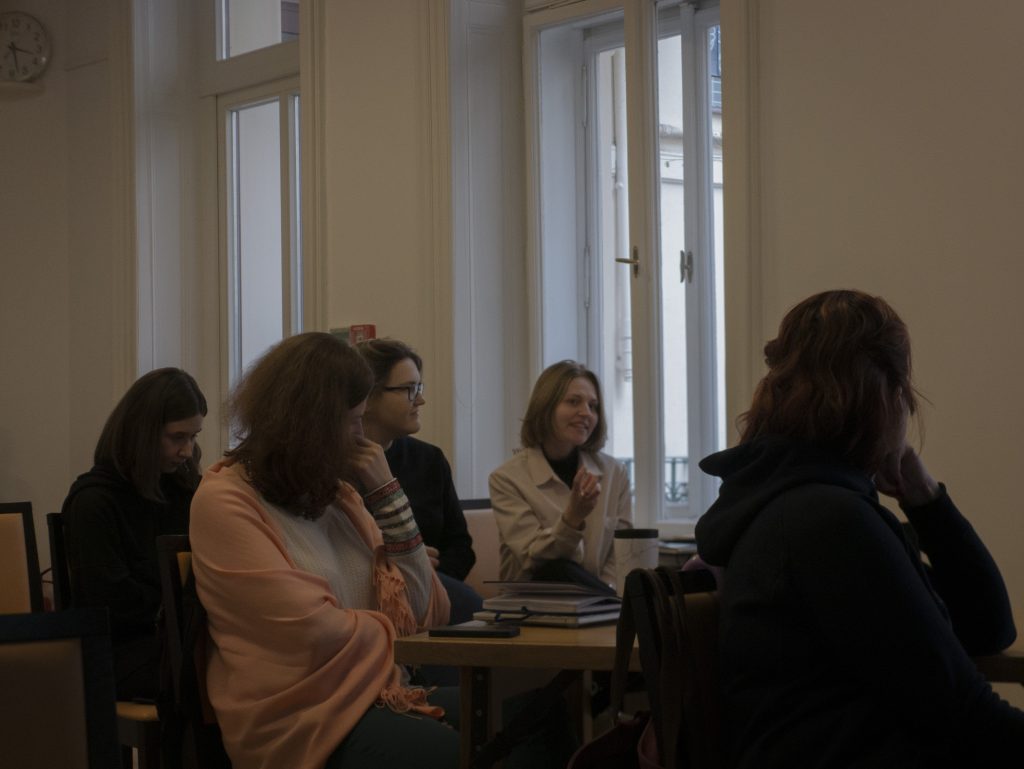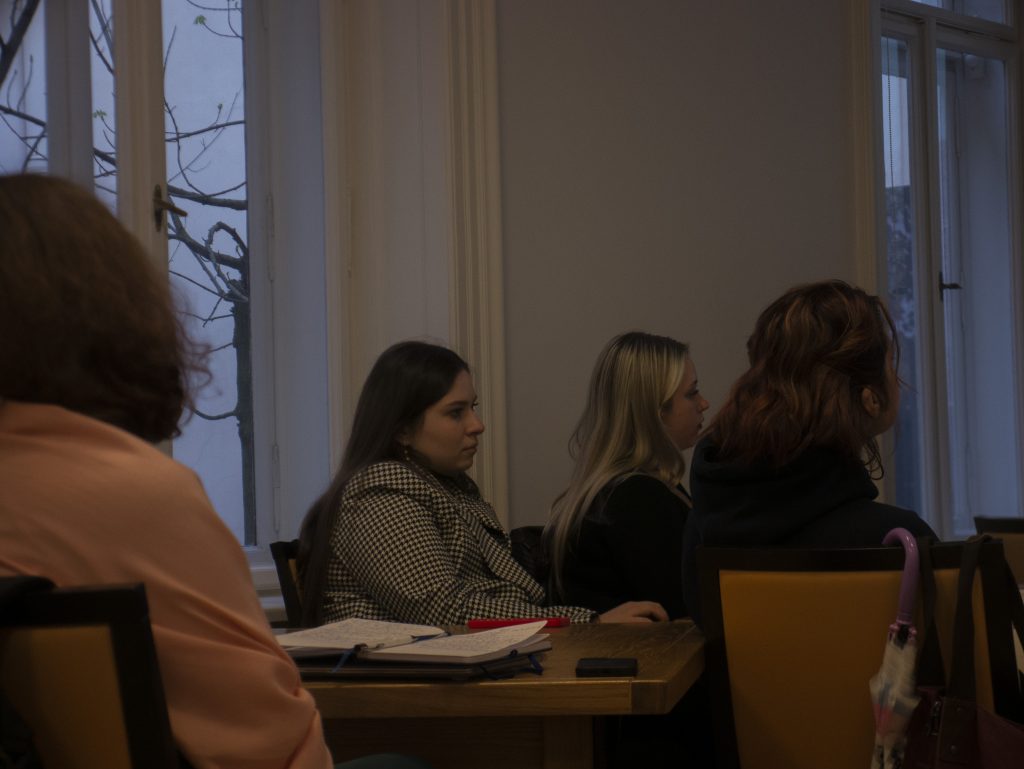Journalism and War | Workshop with Natalie Nougayrède and Daria Badior
11.4.2023, 16:00-19:00
Library of the Center for Urban History
War reporting is not an old phenomenon. It appeared in the mid-1850s when an Irishman called William Howard Russell traveled with the British imperial army to cover the Crimean War. His articles in the Times of London describing the plight of soldiers angered Queen Victoria and struck public opinion, opening a new chapter in how war could be written about and documented.
Today we are all plunged into an information space in times of war. It's useful to step back and reflect on war reporting, a strange and indispensable profession. This talk aims to provide a brief history of war reporting, its transformations (not least technological), and its constant features (the struggle with censorship, the physical risks, and the need to "be there" on the ground). It will touch upon some key questions: Is there such a thing as journalistic "neutrality"? What is the relationship between "international" and "local" war coverage? How has the description of war victims evolved? What can journalists' role be in the struggle for justice and accountability?
This talk will draw on personal experiences as a woman reporter in some war zones (Chechnya, Karabakh, Afghanistan) and as an editor who sent reporters to investigate war crimes (in Syria). In some aspects, the talk will bring a woman's perspective. Overall, it will be an opportunity to share and debate perceptions of war as reflected in journalism, also across different societies.
To take part in the workshop, please register.
Working language - English.
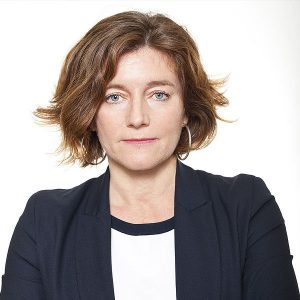
Natalie Nougayrède
French journalist, former editor-in-chief of Le Monde and member of The Guardian’s editorial board from 2014 to 2020. After covering post-1989 transitions in Central Europe including Ukraine, as well as in the Caucasus and Russia, she was Le Monde’s bureau chief in Moscow (2001-2005) and then its diplomatic correspondent (2005-2013). She was awarded the Albert Londres journalism prize for her coverage of the Chechnya war. She has contributed to books (in French) on Putin’s Russia, human rights in Russia, and Anna Politkovskaya. She serves on the board of the Primo Levi Centre in Paris, an NGO which helps refugees who have been victims of torture. She is a member of the Körber foundation’s History Reflection Group and a member of the ECFR Council. She was recently a fellow at the Robert Bosch Academy, Berlin, and is currently an adviser to the School of Civic Education, an NGO based in Riga.
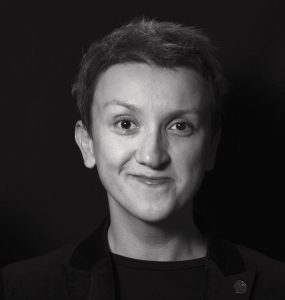
Daria Badior
Critic, editor, film curator based in Kyiv. For several years she was the head of the Culture section in the Ukrainian online outlet LB.ua. Since 2021, as a freelancer, Daria has been editing a series of publications on the commemoration of 1941, the reconstruction of Ukraine after and during the current war, and publishing articles in Der Tagesspiegel, The Independent, Hyperallergic, Osteuropa, etc. Now she is preparing a book about the post-Maidan generation of culture makers.
Credits
Cover image: Roman Baluk // Urban Media Archive of the Center for Urban History
Natalie Nougayrède portrait: Wildlife Justice Commission
Gallery: Oleksandr Korman
